Your natural teeth are intricately designed to perform essential functions and maintain the overall health and structure of your mouth. While modern dentistry offers excellent solutions for replacing missing teeth, nothing compares to the benefits of preserving your natural teeth. However, if tooth loss does occur, dental implants are the gold standard for replacement, offering unparalleled advantages over dentures, bridges, or leaving the gap untreated.
This blog will explore why keeping your natural teeth should always be the priority, the consequences of tooth loss, and why dental implants are the superior choice if replacement becomes necessary. Dr. Ariel Trujillo, a periodontist and dental implant specialist in Phoenix, AZ, has the experience and expertise to help you restore your smile and protect your oral health.
The Anatomy of Your Natural Teeth and Why They’re Irreplaceable
Your teeth are living structures composed of multiple layers:
- Enamel: The hard outer layer that protects your teeth from decay.
- Dentin: Beneath the enamel lies dentin, a softer layer that supports the enamel and carries microscopic tubules connecting to the inner pulp.
- Pulp: The innermost part of the tooth contains blood vessels and nerves, which nourish the tooth and allow you to sense temperature and pressure.
- Roots: Anchored deep within your jawbone, roots stabilize the tooth and stimulate the surrounding bone.
This anatomical complexity enables natural teeth to perform functions like chewing, speaking, and maintaining the alignment of neighboring teeth. Once a tooth is lost, its intricate contribution to your oral health cannot be fully replicated, even with advanced dental prosthetics.
What Happens When You Lose a Tooth?
Tooth loss initiates a domino effect that impacts your oral and systemic health. Here’s what happens when a tooth is missing:
1. Jawbone Deterioration
Your teeth are essential for maintaining jawbone density. When you chew, the pressure stimulates the underlying bone, signaling your body to maintain its strength and volume. Without a tooth and its root, this stimulation stops, and the bone begins to resorb or shrink over time. Bone loss can lead to:
- A sunken facial appearance.
- Difficulty with future tooth replacement due to insufficient bone volume.
- Weakening of adjacent teeth as the bone around them deteriorates.
2. Gum Recession
When a tooth is lost, the surrounding gum tissue loses its purpose. Over time, the gums may recede, creating pockets that can trap bacteria and lead to infection or further tooth loss.
3. Misalignment of Neighboring Teeth
Teeth rely on each other for stability. When a tooth is missing, adjacent teeth can drift into the empty space, disrupting your bite and causing uneven wear or jaw pain.
4. Oral Health Issues
The gap left by a missing tooth becomes a breeding ground for bacteria, increasing the risk of gum disease and decay in neighboring teeth.
5. Systemic Health Implications
Studies have linked tooth loss to systemic conditions like cardiovascular disease, diabetes, and even cognitive decline. Missing teeth can make it harder to eat nutritious foods, leading to dietary deficiencies that affect overall health.
Why Dental Implants Are Superior to Dentures and Bridges
If tooth loss occurs, replacing the missing tooth promptly is critical. While dentures and bridges are common solutions, dental implants offer significant advantages. Let’s compare these options:
Dentures
Dentures rest on top of the gums and may restore the appearance of your smile, but they have limitations:
- No Bone Stimulation: Dentures do not replace tooth roots, leading to continued bone loss.
- Reduced Functionality: They often shift or slip, making eating and speaking difficult.
- Short Lifespan: Dentures typically need replacement every 5–10 years and require regular adjustments.
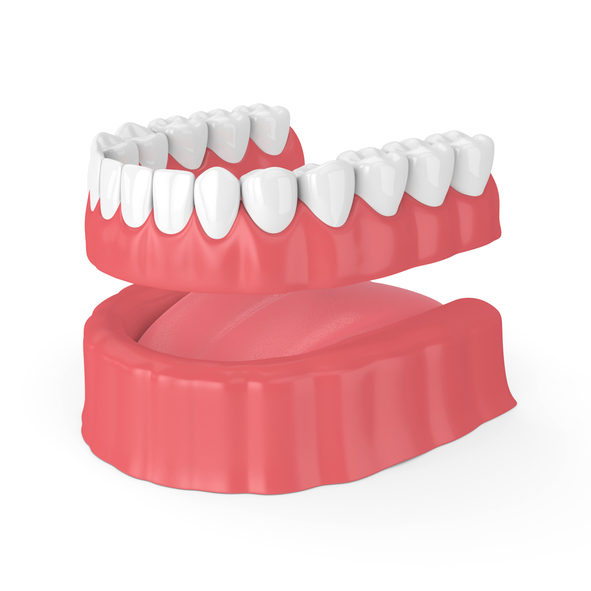
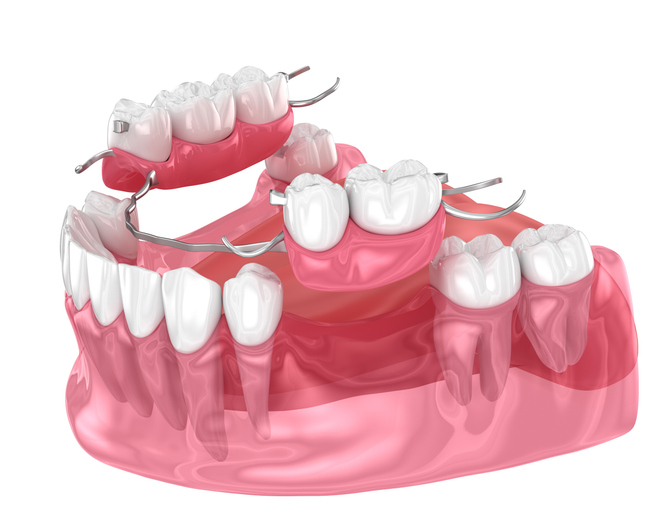
Dental Bridges
Bridges rely on adjacent teeth for support, which involves grinding down healthy teeth to anchor the prosthetic.
- No Root Replacement: Like dentures, bridges do not prevent bone loss.
- Strain on Adjacent Teeth: The supporting teeth may weaken over time.
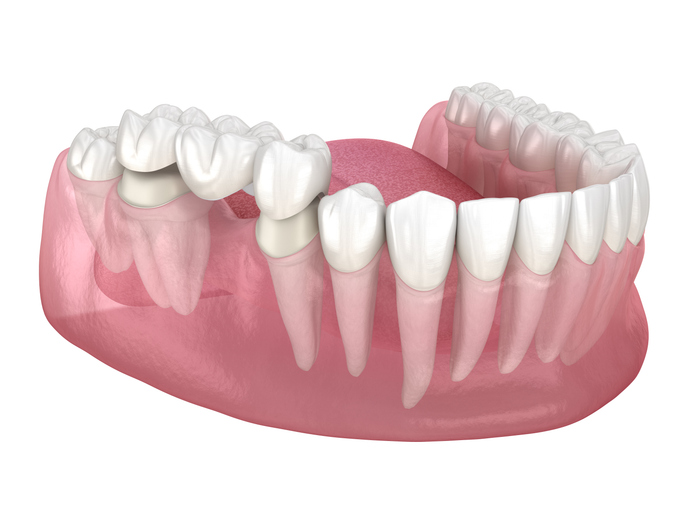
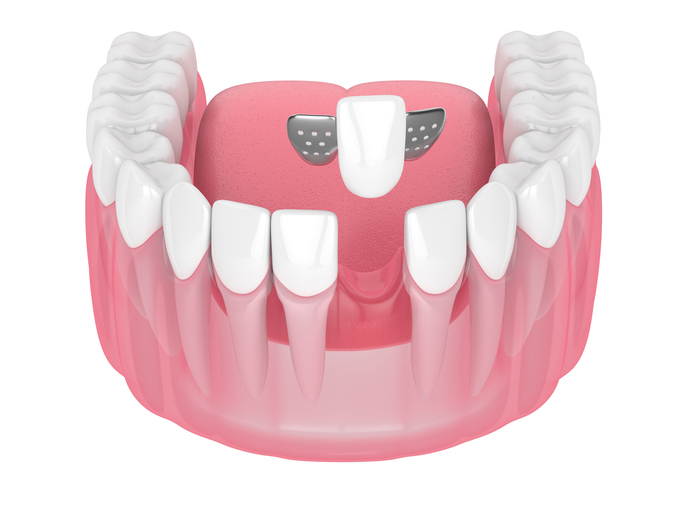
Dental Implants
Dental implants are widely regarded as the most effective tooth replacement option. Here’s why:
- Prevent Bone Loss: Implants replace the entire tooth structure, including the root, providing the necessary stimulation to maintain jawbone density.
- Preserve Adjacent Teeth: Unlike bridges, implants do not require altering neighboring teeth.
- Long-Lasting Solution: With proper care, implants can last a lifetime.
- Enhanced Functionality: Implants are securely anchored into the jaw, allowing you to eat, speak, and smile with confidence.
- Improved Oral Health: By filling the gap, implants prevent misalignment and reduce the risk of gum disease.
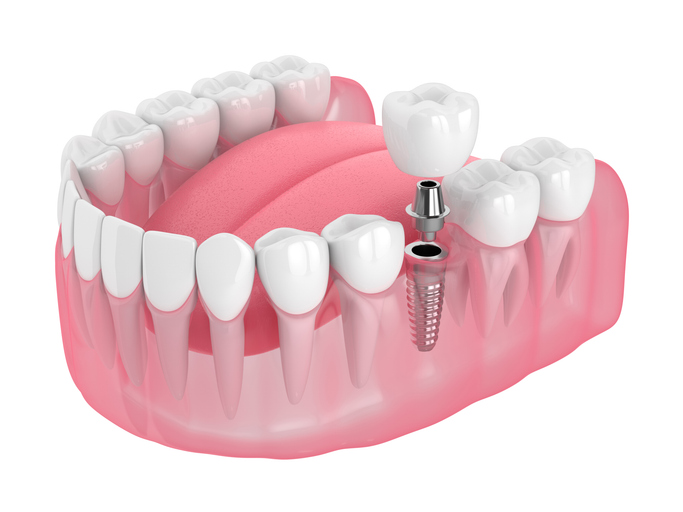
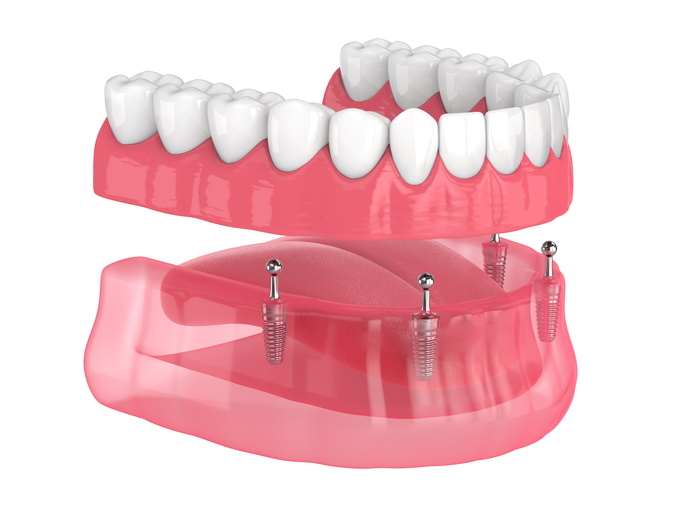
A Side-by-Side Comparison
| Feature | Dental Implants | Dentures | Dental Bridges |
|---|---|---|---|
| Bone Preservation | Prevent bone loss by replacing the tooth root and stimulating the jawbone. | Do not replace the root, leading to continued bone loss over time. | Do not replace the root, resulting in gradual bone loss. |
| Longevity | Can last a lifetime with proper care. | Typically need replacement every 5–10 years. | Last 5–15 years but may require replacement or repair. |
| Stability | Fixed securely into the jawbone, providing excellent stability and function. | Can slip or shift during eating or speaking. | Anchored to adjacent teeth, offering moderate stability. |
| Impact on Adjacent Teeth | Do not rely on nearby teeth, preserving their structure and health. | No impact on adjacent teeth. | Require grinding down healthy teeth to anchor the bridge, weakening them over time. |
| Functionality | Mimic natural teeth, allowing you to eat, speak, and smile with confidence. | May limit your ability to eat certain foods and affect speech clarity. | Restore basic functionality but may not feel as natural as implants. |
| Aesthetics | Designed to look and feel like natural teeth. | May look artificial, especially over time as the gums and bone change. | Can look natural but may not match the quality of dental implants. |
| Maintenance | Require regular brushing, flossing, and dental checkups—just like natural teeth. | Require daily removal and special cleaning solutions. | Require extra care to clean under the bridge. |
| Cost Effectiveness | Higher upfront cost but long-term investment due to durability. | Lower initial cost but recurring expenses for adjustments and replacements. | Moderate cost but additional expenses for potential replacements. |
| Comfort | Feel like natural teeth once healed. | Can feel bulky and uncomfortable, especially if ill-fitting. | Generally comfortable but may cause sensitivity in anchor teeth. |
This comparison makes it clear why dental implants are the superior choice for tooth replacement. While dentures and bridges may work as temporary or less costly solutions, only dental implants offer the long-term benefits of bone preservation, stability, and natural function.
What Happens During the Dental Implant Process?
A dental implant consists of three parts:
- Implant Post: A titanium or zirconia screw surgically placed into the jawbone.
- Abutment: A connector that attaches the post to the crown.
- Crown: A custom-made prosthetic tooth that matches your natural teeth.
Here’s how dental implants work to restore your oral health:
- Placement: The implant post is surgically inserted into the jawbone. Over several months, the bone fuses with the implant in a process called osseointegration, creating a stable foundation.
- Healing: During osseointegration, the surrounding bone grows around the implant, preventing further bone loss and preserving facial structure.
- Restoration: Once healing is complete, the crown is attached to the implant, restoring full function and appearance.
Why Choose Dental Implants?
Dental implants are the only tooth replacement option that mimics the function of natural teeth, including bone stimulation. By preventing bone loss and maintaining the structure of your jaw, implants protect your oral and systemic health. They also offer superior durability, functionality, and aesthetics compared to dentures or bridges.
Meet Dr. Ariel Trujillo: Your Dental Implant Specialist
Dr. Ariel Trujillo is a periodontist and dental implant specialist in Phoenix, AZ, with over 25 years of experience. After earning his Doctorate of Dental Medicine from Boston University and receiving the prestigious “Excellence in Periodontology Award,” Dr. Trujillo has become a trusted expert in dental implants and periodontal care. He is a Diplomate of the American Board of Periodontology, a designation awarded to those who exceed the specialty’s mandatory requirements.
Dr. Trujillo’s commitment to excellence and patient care makes him the ideal choice for restoring your smile. His bilingual ability and certification in IV sedation ensure that every patient feels comfortable and well cared for.
Take the First Step Toward Restoring Your Smile
Your natural teeth are invaluable, but if tooth loss occurs, replacing them with dental implants is the best way to protect your oral and overall health. If you or someone you know is considering tooth replacement, contact Dr. Trujillo at Arizona Periodontal Group. With decades of expertise in dental implants, Dr. Trujillo can guide you through the process and help you achieve a healthier, more confident smile.
Don’t wait—schedule your consultation today and take the first step toward restoring your oral health and quality of life. Call Arizona Periodontal Group in Phoenix, AZ, to learn more!





